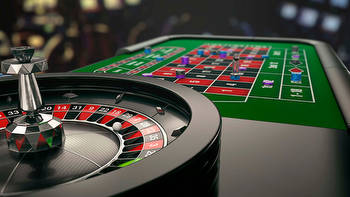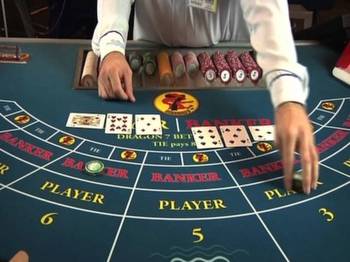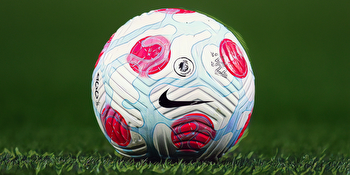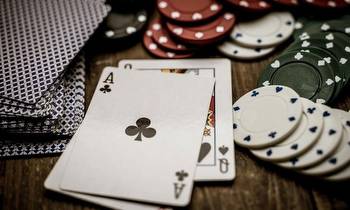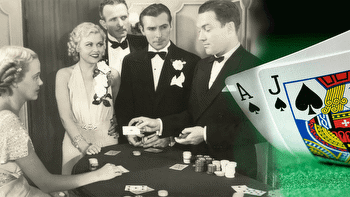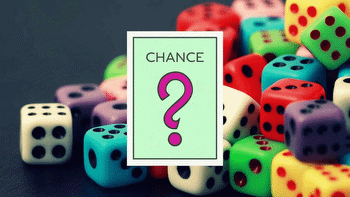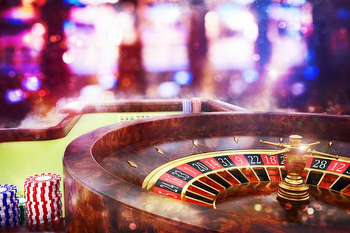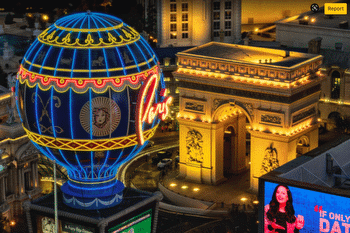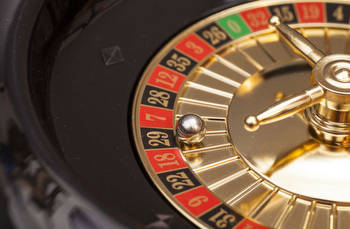Discover France's Casino Legacy: From Napoleon to Online Casinos

France has a rich casino and gambling history and is home to some of the most luxurious casinos in the world. In 1539, King Francis I introduced a lottery called “blanque” to boost the Treasury. Furthermore, Blaise Pascal, a Frenchman, developed an early form of roulette in the 17th century, which became a popular casino game worldwide. Today, France’s thriving casino industry is influenced by its historical legacy. Read on to explore the connection between Napoleon and the country’s successful online casino sector.
In the 16th century, Francis I’s attempt to introduce a primary lottery was met with opposition from the Parliament de Paris and the Church’s gambling ban. However, lotteries gained popularity in Europe during the 17th century, particularly in Northern Italy and Burgundian Netherlands. France eventually established an official lottery in 1770.
It wasn’t until Napoleon issued a decree in June 1806 that gambling houses were permitted in Paris and spa towns during the peak season. The operation of gambling houses in Paris and other areas were regulated during the Restoration through various orders. The annual authorization of leasing Paris gambling houses was done through the Finance Act.
The aforementioned law served as a catalyst for numerous coastal cities and resorts in France to construct casinos, aiming to enhance their appeal to tourists. As a result, casinos flourished across the country, such as the Bellevue Casino in Biarritz (Pyrénées-Atlantiques, 1858) and Deauville and Trouville-sur-Mer (Normandie, 1912), the latter of which gained enough popularity and revenue to evolve into fully-developed cities.
Over the past two centuries, the decree has undergone various modifications, exemptions, and additions to include casinos in locations that initially did not meet the requirements. For instance, in 1907, the list of approved cities was expanded to include health resorts.
The progression from the initial casinos authorized by Napoleon’s law to the current count of over 200 operational casinos in France was a challenging journey. It took considerable time for games like roulette, blackjack, baccarat, and craps to gain legalization in the country. It was not until 1969 that these games became widely accessible in French casinos.
Slot machines faced a longer wait, as they were not approved until 1987. However, the timing was favorable, as an amendment in 1988 allowed the establishment of casinos in cities with a population exceeding 500,000. Nonetheless, one of the conditions was to maintain a 40% involvement in cultural activities such as theaters and opera centers. This opportunity was seized by cities like Lyon and Bordeaux, among the largest locations where the first non-spa casinos emerged.
Online gambling is a relatively recent development in France, having been granted legal status only in 2010. These platforms offer players the opportunity to play online slots, roulette, and online poker as well as live sports betting. However, the industry is heavily regulated to ensure responsible gambling practices and the French Justice Ministry has implemented strict measures to prevent addiction. As a result, there are only a limited number of licensed French online casinos and sports betting sites available. A proposed bill by Philippe Latombe in May has initiated discussions about opening a regulated online casino market in the country.
The bill suggests a “five-year moratorium” during which online casino gambling would be permitted, but restricted to local operators. Ironically, despite France being the birthplace of roulette, its citizens are currently unable to play the game at online casinos due to existing legislation. Bill 1248 acknowledges the changing preferences of players toward online gambling. However, as online casinos remain illegal, customers are compelled to gamble on unlicensed offshore sites without the protection of safety measures.
France’s gambling industry has been deeply influenced by its casino heritage, leaving a significant imprint on its development. The nation’s vibrant past includes the introduction of lotteries and the authorization of gambling establishments under Napoleon’s decree. However, the process of establishing over 200 physical casinos and legalizing popular games like roulette and blackjack was not without its challenges. As France explores the realm of online gambling, it faces the delicate task of balancing the demands of consumers looking for the convenience of online casinos, ensuring player safety, and generating tax revenue. This requires a careful reconsideration of the existing legal framework to adapt to the ever-evolving landscape of the casino industry.












